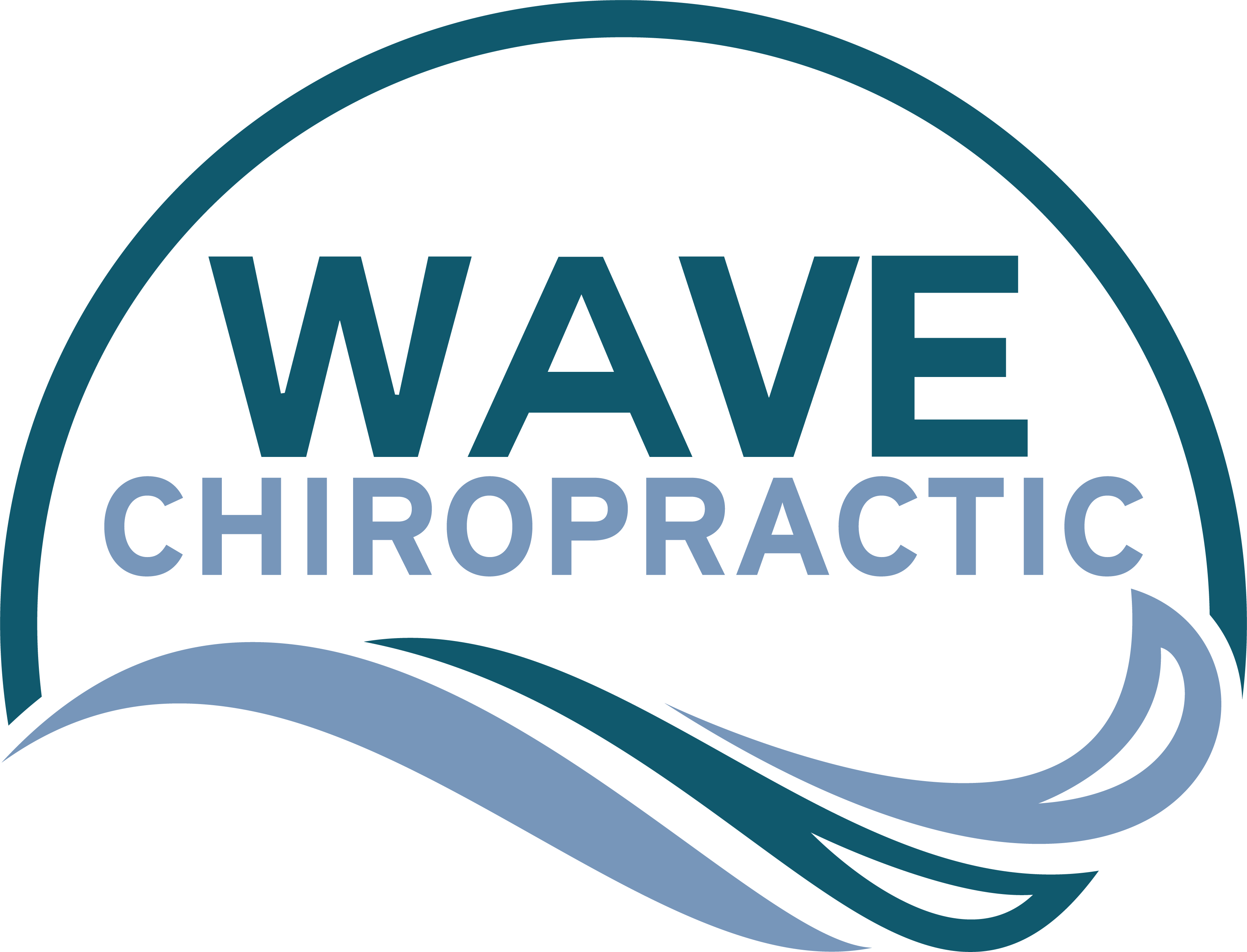Maneuvering the complexities of fibromyalgia can be intimidating, but you're not alone in this struggle. You might find that a combination of medical treatments, lifestyle adjustments, and emotional support can make a significant difference. Exploring various options, from medication to alternative therapies, often reveals unexpected pathways to relief. As you consider these approaches, you may wonder what truly works for others and how their experiences could guide your own journey. The insights ahead might just illuminate your path toward a more manageable life with fibromyalgia.
Understanding Fibromyalgia
Fibromyalgia affects about 4 million adults in the U.S., making it a widespread yet often misunderstood condition. If you're dealing with fibromyalgia, you know it's more than just chronic pain. It can manifest as fatigue, sleep disturbances, and cognitive difficulties often referred to as "fibro fog." These symptoms can greatly impact your daily life, making even simple tasks feel overwhelming.
Understanding fibromyalgia starts with recognizing that it's a complex disorder. Researchers believe it involves an abnormal response to pain signals in the brain and nervous system. This means your body might interpret normal sensations as painful. You might also notice that stress, weather changes, or certain foods can exacerbate your symptoms.
Diagnosis often takes time since there's no definitive test for fibromyalgia. Doctors typically rely on a combination of medical history, symptom checklists, and tender point examinations. You might feel frustrated by this process, especially when others don't understand the severity of your situation.
It's vital to remember that you're not alone. Connecting with others who understand your struggles can provide comfort and support. Educating yourself about the condition can empower you, helping you to advocate for your needs.
In your journey through fibromyalgia, it's important to be patient and persistent. You might need to try various strategies to find what works best for you. By understanding fibromyalgia, you'll be better equipped to manage its challenges and improve your quality of life.
Medical Treatment Options
When it comes to managing fibromyalgia, several medical treatment options can help alleviate your symptoms and improve your quality of life. First, your doctor may prescribe medications specifically designed for fibromyalgia, such as duloxetine or milnacipran. These medications can help reduce pain and improve your mood, making daily activities more manageable.
Over-the-counter pain relievers, like ibuprofen or acetaminophen, might also be beneficial for easing discomfort. However, it's essential to consult your healthcare provider before starting any medication to guarantee it's appropriate for your situation.
In addition to medications, you might explore the option of physical therapy. A physical therapist can design a tailored exercise program that strengthens your muscles, enhances flexibility, and reduces pain. This kind of personalized approach often leads to significant improvements in physical function and overall well-being.
Another treatment option is cognitive-behavioral therapy (CBT). This form of therapy helps you develop coping strategies to manage pain and stress. By addressing the emotional and psychological aspects of fibromyalgia, many find they experience a reduction in symptoms.
Some patients benefit from alternative therapies, such as acupuncture or massage. These treatments can provide relief and promote relaxation, contributing to an overall sense of well-being.
Lastly, don't overlook the importance of regular follow-ups with your healthcare provider. They can help you monitor your progress and make necessary adjustments to your treatment plan, guaranteeing you receive the best care for your fibromyalgia journey.
Lifestyle Changes for Relief
Making lifestyle changes can greatly impact your fibromyalgia symptoms.
By adjusting your diet and incorporating regular exercise, you can find relief and improve your overall well-being.
Let's explore how these modifications can help you feel better.
Diet Modifications
Over time, many people with fibromyalgia find that diet modifications can play an essential role in managing their symptoms. You may begin by keeping a food diary to identify any triggers. Common culprits include processed foods, refined sugars, and excessive caffeine. Cutting back on these can lead to significant improvements in how you feel.
Incorporating anti-inflammatory foods can be beneficial for you. Think about adding more fruits, vegetables, whole grains, and healthy fats like those found in olive oil and avocados. Omega-3 fatty acids, found in fish like salmon, can also help reduce inflammation and pain.
Consider trying a gluten-free or dairy-free diet if you suspect these might be contributing to your symptoms. Many people report feeling better after eliminating these from their meals.
Stay hydrated, too; drinking plenty of water can help alleviate fatigue and improve overall well-being.
Lastly, don't underestimate the power of portion control. Eating smaller, more frequent meals can help stabilize your energy levels throughout the day.
Exercise Routines
In addition to diet modifications, incorporating regular exercise can greatly enhance your fibromyalgia management. While it might feel challenging, engaging in physical activity can help reduce pain, improve sleep quality, and boost your overall mood.
Start with low-impact exercises like walking, swimming, or cycling. These activities are easier on your joints and can be adjusted to your comfort level. Aim for short sessions, around 10 to 15 minutes, and gradually increase the duration as you feel more comfortable.
Consistency is key, so try to establish a routine that works for you. Consider incorporating stretching or yoga to improve flexibility and relieve muscle tension. Listening to your body is essential; if something doesn't feel right, don't hesitate to modify or pause.
Group classes or working with a trainer who understands fibromyalgia can provide motivation and support. Remember to celebrate small victories—every step counts.
Finally, coupling exercise with relaxation techniques like deep breathing or meditation can enhance your experience. By prioritizing movement, you empower yourself to take control of your fibromyalgia symptoms and improve your overall quality of life.
The Role of Emotional Support
Emotional support plays an essential role in managing fibromyalgia, as it can greatly impact your overall well-being. Living with chronic pain can leave you feeling isolated and misunderstood, making it imperative to have a strong support system. Connecting with friends, family, or support groups can help you share your experiences, validate your feelings, and reduce feelings of loneliness.
When you talk about your struggles, you're not just expressing frustration; you're also fostering understanding and empathy from those around you. It's important to find people who listen without judgment and who can provide encouragement. Whether it's a friend who checks in regularly or a family member who helps with daily tasks, these connections can make a considerable difference in your emotional health.
Additionally, engaging in open conversations about your condition can help educate those close to you. Many people may not understand fibromyalgia, so sharing your journey can help them grasp what you're experiencing. This understanding can strengthen your relationships and create an environment where you feel more comfortable discussing your needs.
Don't hesitate to seek professional help if you find it difficult to cope. Therapists and counselors can provide guidance tailored to your specific challenges. They can help you develop coping strategies, build resilience, and process emotions related to living with fibromyalgia.
Alternative Therapies to Explore
Exploring alternative therapies can offer you new avenues for managing fibromyalgia symptoms. Many people with fibromyalgia find relief through holistic approaches that complement traditional treatments.
One option is acupuncture, which involves inserting thin needles into specific points on your body to promote healing and reduce pain. Studies suggest that acupuncture can improve sleep quality and decrease pain levels.
Another therapy worth considering is yoga. This practice combines physical postures, breathing exercises, and meditation, helping you increase flexibility, reduce stress, and improve overall well-being. Many fibromyalgia patients report decreased pain and improved mood after regular yoga sessions.
Massage therapy is also popular among those seeking relief. Different techniques, such as Swedish or deep tissue massage, can help alleviate muscle tension and improve circulation. Just make certain to communicate your comfort level with your therapist, as fibromyalgia can make some areas more sensitive.
Herbal supplements, like turmeric or ginger, may offer anti-inflammatory benefits. However, it's essential to consult with your healthcare provider before adding any new supplements to your routine to guarantee they won't interact with your medications.
Lastly, mindfulness practices, including meditation and guided imagery, can help you cope with pain and stress. These techniques encourage relaxation and may lead to a greater sense of control over your symptoms.
As you explore these alternative therapies, keep an open mind, and remember to track your experiences. This will help you find what works best for you in managing fibromyalgia symptoms effectively.
Inspiring Personal Stories
Many individuals living with fibromyalgia have shared their inspiring journeys of resilience and hope, demonstrating that it's possible to find joy and relief amidst the challenges.
You might find strength in the story of Sarah, who discovered the power of mindfulness and meditation. By dedicating just ten minutes a day to these practices, she learned to manage her pain and stress more effectively, ultimately reclaiming her love for painting.
Then there's Mark, who decided to take control of his condition through nutrition. After experimenting with various diets, he found that a gluten-free lifestyle remarkably reduced his flare-ups. This change not only improved his physical health but also motivated him to start a blog to share recipes and tips, connecting with others on similar journeys.
Another powerful story comes from Lisa, who turned her struggles into a mission. After years of battling fibromyalgia, she became an advocate, educating others about the condition and helping them navigate their own challenges.
Her workshops inspire those affected to share their stories, creating a supportive community in the process.
These stories highlight the importance of resilience and the unique paths individuals take in managing fibromyalgia. Whether it's through mindfulness, diet changes, or advocacy, you can find inspiration in their experiences.
Building a Support Network
Support plays an essential role in managing fibromyalgia, and building a network can make a significant difference in your journey. Surrounding yourself with understanding individuals can provide emotional relief and practical assistance as you navigate daily challenges.
Start by reaching out to friends and family members who are willing to listen and learn about your condition. Share your experiences, and let them know how they can help.
Consider joining local or online support groups. These communities can connect you with others who understand what you're going through. Sharing tips, coping strategies, and resources can be incredibly beneficial. You might even find friendships in these groups that extend beyond just the shared struggle.
Don't hesitate to seek professional support, too. A therapist or counselor can help you process your feelings and teach you coping mechanisms tailored to your needs.
If possible, consult with a healthcare provider who specializes in fibromyalgia. They can offer valuable insights and connect you with other resources.
Conclusion
Finding relief from fibromyalgia is a unique journey that combines medical treatments, lifestyle changes, and emotional support. By exploring various therapies and connecting with others who understand your struggles, you can discover strategies that work for you. Remember, you're not alone in this fight; many have traveled the same path and found ways to enhance their well-being. Embrace the process, stay hopeful, and keep seeking the support and solutions that resonate with you.

